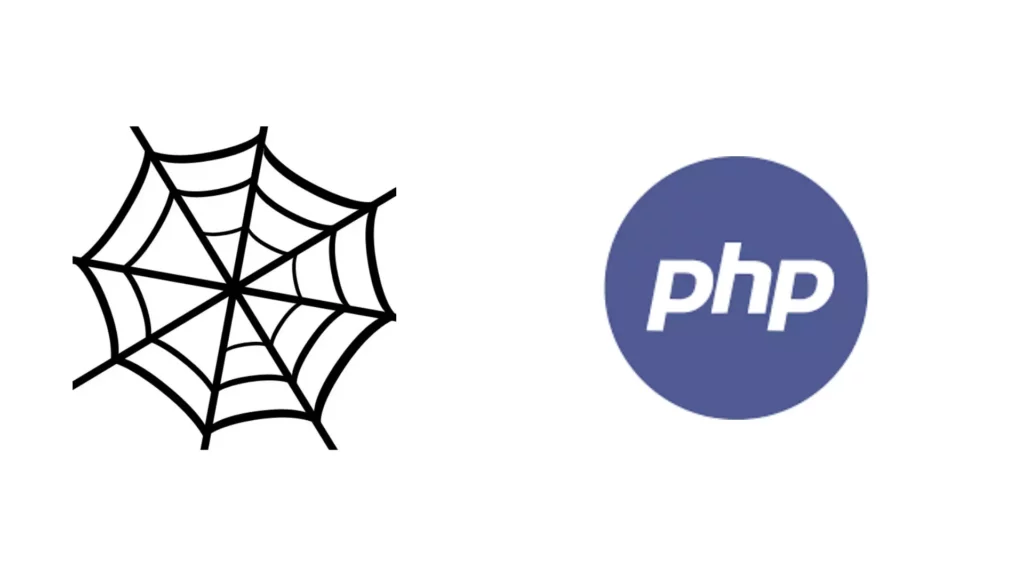In today’s data-driven world, businesses are always on the lookout for innovative ways to gather valuable information. That’s where web scraping comes in—a powerful technique that automates the retrieval of data from websites. Among the various programming languages available, PHP shines as a versatile and widely adopted option for web scraping. Let us further explore Web Scraping with PHP: Challenges and Solutions.
When it comes to extracting copious amounts of data that can bring immense benefits to businesses across industries, PHP web scraping emerges as a highly effective method. This programming language offers a myriad of undeniable advantages, making it the go-to choice for countless developers. In the upcoming sections, we will delve deeper into these advantages and explore strategies for optimizing the web scraping process, ensuring maximum efficiency and productivity.
Further, keep scrolling to learn more about web scraping with PHP and its challenges and solutions.
In This Article
Benefits of PHP for Web Scraping
PHP is an incredibly versatile language when it comes to web scraping, offering a plethora of positive attributes that make it a top choice among developers. One standout advantage is its straightforward syntax, which makes it easy for developers of varying expertise to learn and understand. Even beginners can find an abundance of learning resources and receive support from the large and active PHP community.
Furthermore, PHP provides a range of dedicated libraries specifically tailored for web scraping purposes. For instance, the Simple HTML DOM Parser simplifies the extraction of data from HTML documents, making the process more accessible and efficient. Additionally, PHP seamlessly integrates with cURL, enabling smooth interaction between scripts and websites during the scraping process.
Another notable advantage of PHP is its seamless integration with databases. It effortlessly connects with popular databases like MySQL, allowing developers to store the scraped data for further analysis and processing easily. Additionally, PHP boasts excellent support for regular expressions, making it convenient to search for and extract specific information from HTML documents.
With PHP, developers can automate the data extraction process and efficiently gather content from multiple sources, making it an ideal choice for scaling up projects. However, it’s important to keep in mind that despite its many strengths, there may still be challenges and obstacles to overcome when engaging in web scraping with PHP.
How to Avoid Blocks When Web Scraping in PHP
Websites employ security measures to safeguard their content against unauthorized access by malicious bots. However, these measures can inadvertently detect and block legitimate scrapers. Hence, it becomes crucial to devise strategies for evading detection. Below are some recommended precautions to ensure that your scraper operates stealthily:
1. Use Proxies to Hide Your IP
When you send a request to a website, various factors, such as your IP’s reputation history, associations with bot activity, geo-location, and more, are used to assign a score. This score determines whether you will be granted access to the website’s content. To protect your IP and ensure that your scraping activities cannot be traced back to you, it is necessary to employ proxies.
Proxies are invaluable in both safeguarding your IP and expanding the capabilities of your scraping project. By distributing requests across multiple IPs, you can avoid being blocked or subjected to rate limiting by websites. Additionally, proxies allow you to extract location-specific content, adding flexibility to your scraping efforts.
However, it is crucial to exercise caution when selecting proxy providers, as not all of them are reliable. It is advisable to choose reputable residential proxies to achieve optimal results and maintain the integrity of your scraping activities.
2. Avoid Triggering CAPTCHAs
CAPTCHAs serve as automated tests designed to differentiate between real users and bots. These tests are becoming more advanced, leaving you with two options: either avoid them altogether or find ways to solve them. Solving each test manually can significantly slow down your progress while utilizing a solving service can be quite costly.
Therefore, the most effective strategy is to make your web scraper behave as human-like as possible to evade triggering CAPTCHAs. This can be achieved by using headless browsers that automate tasks like clicking buttons and filling out forms.
3. Rotate Real HTTP Request Headers
The HTTP headers carry valuable information about the client making a request and can inadvertently expose the true nature of your scraper. To avoid detection, it is necessary to obtain or create a diverse array of headers that closely resemble those of real users and regularly rotate them. Utilizing multiple sets of headers for various requests is crucial in order to present each request as originating from different individuals.
While bypassing anti-bot measures poses difficulties and offers no guarantees, there is a growing popularity for a PHP-based solution that proves to be both innovative and reliable: web scraping APIs. These APIs offer an effective means to overcome the challenges associated with web scraping, providing a viable solution for PHP developers.
Use a Web Scraping API in PHP
ZenRows is a powerful tool that streamlines web scraping, effortlessly bypassing website restrictions. With a single API call in PHP, ZenRows handles the entire process, providing features like rotating proxies, JavaScript rendering, and geographic targeting.
It seamlessly integrates with PHP and other languages, supported by well-documented resources. The dedicated team continuously updates the API to tackle challenges. Just sign up for a free API key, select your target, and paste the URL for a smooth and efficient web scraping experience.
Wrapping Up
PHP is a highly suitable language for web scraping thanks to its simplicity, extensive libraries, and versatile integration capabilities. Nevertheless, bypassing the security measures deployed by websites to deter automated traffic remains a significant hurdle.
One option is to enhance your scraper by implementing proxies, randomizing headers, and employing headless browsers to replicate human-like interactions with the site. However, this can be a daunting task. Alternatively, you can opt for a web scraping API like ZenRows, which takes care of these challenges, providing a convenient and efficient solution.




